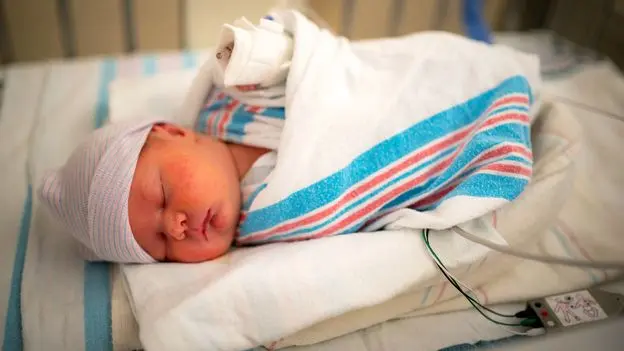Prenatal screening for neurological conditions has progressed in leaps and bounds over the past couple of decades. Technology including genetic analysis, neuroimaging, and high-resolution foetal magnetic resonance imaging (MRI) are allowing doctors to peer into the nervous systems of developing foetuses and already diagnose them – earlier and more frequently – with any life-altering conditions they’ll experience once born. But throughout this advancement, there hasn’t been much doctors could do about those diagnoses until the child emerged from the womb. And a significant portion of crucial brain development happens long before a child is born.
Now, a new wave of pioneering in-utero neuroscience therapies are helping to change that. Several seminal trials are underway to test both surgical and medical treatments allowing doctors to reverse conditions in babies before they are born. And the field is “right on the precipice” of a whole new dimension of therapies, says Jeffrey Russ, a pediatric neurologist at Duke University who recently wrote an academic essay describing in-utero treatment as the “next frontier” in neurology.



Hopefully this will reduce the number of abortions people have to keep from having disabled children.